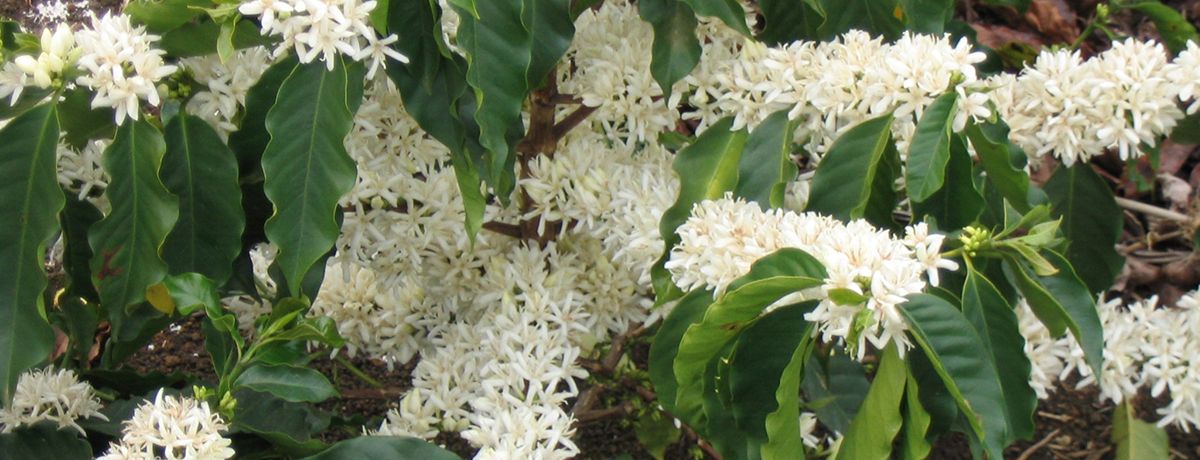
Reports on the climate change impact on the coffee
East Africa is one of the world's best regions for coffee farming. The highlands have moderate temperatures but enough rainfall to keep the soil fertile. Climate change is threatening this delicate balance. "Without appropriate measures, experts assume that climate change will reduce coffee growing areas by about 50 percent worldwide by 2050," finds a new study by the World Resources Institute.
As the US journal science advances states about 60% wild coffee are in dangers of extinction.
Concerning climate change, data from weather stations of Ethiopia showed that the mean annual temperature has increased by 1.3 °C between 1960 and 2006, at an average rate of 0.28 °C per decade, and by 0.3 °C per decade in the south western region. In addition, spring and summer rains have declined by 15–20% since the mid-1970s and late 2000s, in southern, south-western and south-eastern Ethiopia. The mean annual temperature of Ethiopia is projected to increase by 1.1–3.1 °C by the 2060s, and 1.5–5.1 °C by the 2090s. This was also reported on Coffee Farming and Climate Change in Ethiopia-Impacts, Forecasts, Resilience and Opportunities, Summary Report 2017.
